Janis Ian - Sacrificial Songs, Samba and Soldiers – To the Sister I Wish I Had
by Lisa Torem
published: 18 / 4 / 2009
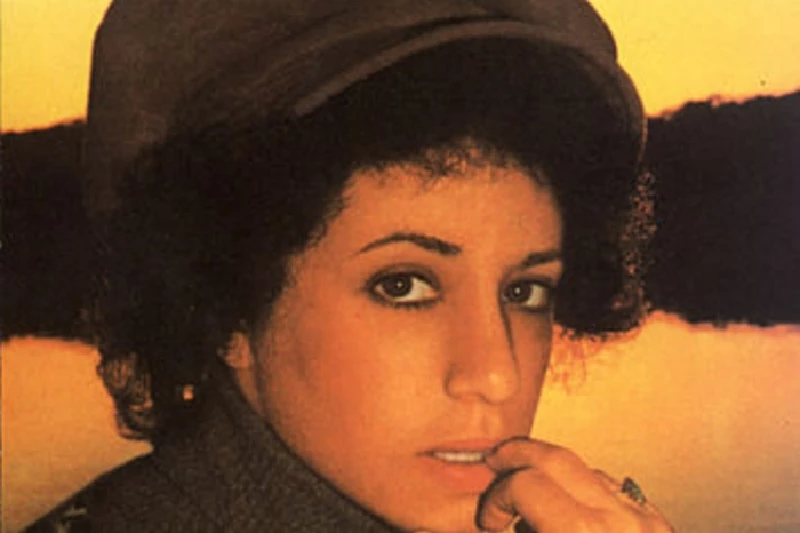
intro
In our 'Soundtrack of Our Lives' column, in which our writers examine the personal impact of their lives, Lisa Torem looks at the career and history of singer-songwriter Janis Ian which have drawn several parallels with her own life
Imagine being a brilliant, but gawky teenager, fiscally responsible for a stable of industry professionals, but humiliated by educators for not performing on demand at the New York City High School of Music and Art - Janis Ian did, of course, accrue a number of absences because of outside performance commitments, but, however, despite acing grades and exams, she received all F’s from her spiteful teachers. And what if your parents, suspected of “lefty” leanings, were followed by the FBI ? Imagine the alienation that followed as this family finds itself constantly uprooted because of this paranoid scrutiny. Ian’s sole vengeance, years later, would be to reference this saga in the song, 'God and the FBI'. Janis Ian, raised in New Jersey, but born under Aries skies, in the early 50s, was the folkie next door - a seemingly unpretentious balladeer that would look as homespun and natural wearing a terry-cloth robe in your living room as on a concert stage. She wrote 'Hair of Spun Gold' at twelve, in the early 60’s, which was published in a major music zine, and was invited to join other writers in a showcase soon after. Shortly, her career escalated. But, though her bronze skin, kinky hair and resounding alto- register infused her with a girl-next-door persona, her emotional journey required a weathered stamina. Consider the Buddhist adage, “The sweeter the lotus, the deeper the root.” Ian’s personal conviction and humanity perhaps stemmed from considerable personal challenges. Both gay and Jewish, in an era when neither group had been granted the opportunity to be “ outted,” Ian lauded equal opportunity both artistically and emotionally by way of exhaustive self-expression. By 16, Ian had released her first hit, 'Society’s Child', which reached the Top 20 in 1967’s Billboard Hot 100, and unpredictably pelted the nation. This song about an interracial couple invited controversy. But, what Ian hadn’t expected was the barrage of hatred it fuelled. Ian received hate mail and death threats and a radio station based in Atlanta was burned down due to this rage. One music honcho urged her to eliminate the line referring to the black male in the song, “skin as black as night,” hoping to make the song less explosive, but Ian refused. This was not the first time her conscience would beat out her label’s agenda. As time rambled on and racism lessened, 2001 heralded 'Society’s Child' with inclusion in the Grammy Hall of Fame. A later hit, 'At Seventeen', released in 1975, which won a Grammy for Best Pop Female Vocal Performance – from the album 'Between The Lines' - was written in the dreaded first person that our English composition teachers warned us about, was autobiographical and inspired by a magazine article written by a debutante. The article included the line, “At eighteen I learned the truth.” Ian felt “seventeen” would be a more workable lyric and spent three months perfecting the song. Another touching passage was, “those of us with ravaged faces, lacking in the social graces, desperately remained at home, inventing lovers on the phone.” According to Ian’s 2008 autobiography, 'Society’s Child', she played the samba for her mother who looked up with tears in her eyes. “Why are you crying ?” Ian asked. “That’s my song,” her mother responded. But, actually,it was every girl’s song - the legions of young, awkward girls staying home nights to wait for phones that never rang. Listeners were stunned by the honesty and moved by the emotion - it was the perfect mix of candour, soulful strum and symmetrical syntax. In 1977, on Valentine’s Day, Ian’s fans sent her 461 cards to rectify “the valentines that never came” – a touching reference from the song. In 1974, Ian released the ballad, 'Jesse', on her album, 'Stars'. “Jesse, come home, there’s a hole in the bed where we lie…” It continues…”and I’m leaving a light on the stairs….” A heart-breaking homage to loneliness - this song was later recorded by the sultry-voiced Roberta Flack. And, never one to avoid a difficult subject, Ian also penned, 'Tattoo', about a concentration camp survivor. This became one more of her repertoire’s most relevatory pieces. Ian’s choice, to examine the deep underpinnings of one’s history and to use art to upset the balance of one’s comfort zone, have been monumental choices for me as well. She was one of those Johnny Appleseed-like folk heroes who kept me sane during the tumultuous years in which I blitheringly foraged my way to adulthood. Though her career grinded to a halt several times as she endured illness, depression and failed relationships, and she even left music for a period to study with famed actor and director Stella Adler in NYC, she consistently reinvented herself holding the craft of writing in high esteem. It was my awe of this kind of driven, creative force, which prompted me to devote my passions to the authentic mirror that music and writing reflects back. Firstly, I picked up 'Gibbs', my cheap, second-hand guitar at a resale shop and wrote, 'Funny, Little Wooden Guitar', at about ten. Soon after, I embraced keyboard chops - my father was a swing pianist so I could easily mooch lessons. My father Phil, the youngest of five, couldn’t afford these lessons, so he crouched behind the closed parlour door while his older sister had hers. Repeating his vagabond ways, I was caught more than once tearing pages out of his sacred “fake” books which held the standards that Ian and I both adored – take 'My Man', recorded by Billie Holiday, or the torch songs of French chanteuse Edith Piaff. Mirroring Ian’s passion, I would lock my bedroom door and memorise key lyrics and vocal phrases made famous by these vocalists. Phil wanted to be a songwriter. When I was young, he dragged me to Nashville and we ended up on some elevator looking for a publisher. Being clueless about the business, he figured someone would rush out of an office and offer him huge amounts of cash for his portfolio. Nevertheless, I would say that Ian’s stories of her creative family life sound familiar. We both breathed music from an early age. Eventually, Ian made the wise decision to relocate to Nashville after living in L.A. and here she discovered a thriving song-writing mecca. Ultimately, she set up the Pearl Foundation - named for her mother who late in life thrived in an academic atmosphere - which offers college scholarships to young women. Ian raises money by doing “house” concerts and auctioning rare items over the internet. We had some parallels here, too. I recall my uncle George graduating from high school in his 80s after having quit school early on to start a sign-painting business. There are lines in 'At Seventeen' that are so piercing I still feel the sting years later. One line refers to “choosing sides for basketball.” I remember the gym teacher asking the most popular and athletic girls to choose team members. Week after week, I was the last pick of the litter, and, even then, it was only to keep both teams evenly divided. “How’d YOU get on my team again ?” one flaxen-haired, cheerleader growled. Hopefully, she became a strung-out junkie living on food-stamps under a viaduct near the interstate. When I hear that infamous line, I see the student- council darlings with the perfect waistlines, gleaming patent –leather Mary Janes and starched knee socks. Janis and I – we were the outsiders. Were we? Ian played a local venue in Chicago. She rocked hard, detonating the steel strings of her electric guitar, gathering the grateful fans together for a sing-a-long, finger-smacking, cantankerous ostinato in 'Boots', once recorded by the daughter of Ol’ Blues Eyes, Nancy Sinatra “These boots are made for walkin’, that’s just what they’ll do, one of these days these boots are gonna walk all over you…” There were baby- boomers, tweens and fashionistas singing along with the zeal of pro-union workers in early Chicago’s anachronistic 'Bughouse Square'. Recently, I noticed a strong, muscular American soldier at O’Hare airport, sporting combat fatigues and tall, mud-loving, earth boots. Grabbing his luggage from the conveyor belt, he looked so manly and majestic and almost out of place, next to the cadre of exhausted, beer-bellied men heaving their shoulders breathlessly after buoying their belongings. “I’m back,” he smiled. “What?” I asked, tired from my own early morning pilgrimage. “From Iraq.” Before, I could fully congratulate him, my luggage came into view. I grabbed it, and turned around to smile or shake his hand. But he had already disappeared. “His boots were made for walking…” If only Janis were here. She wouldn’t have let that precious moment of freedom pass without pouring her six-string on the floor and rallying the troops…
Band Links:-
https://www.janisian.com/https://en-gb.facebook.com/janisianpage/
https://twitter.com/therealjanisian
https://en.wikipedia.org/wiki/Janis_Ian
Have a Listen:-
Picture Gallery:-
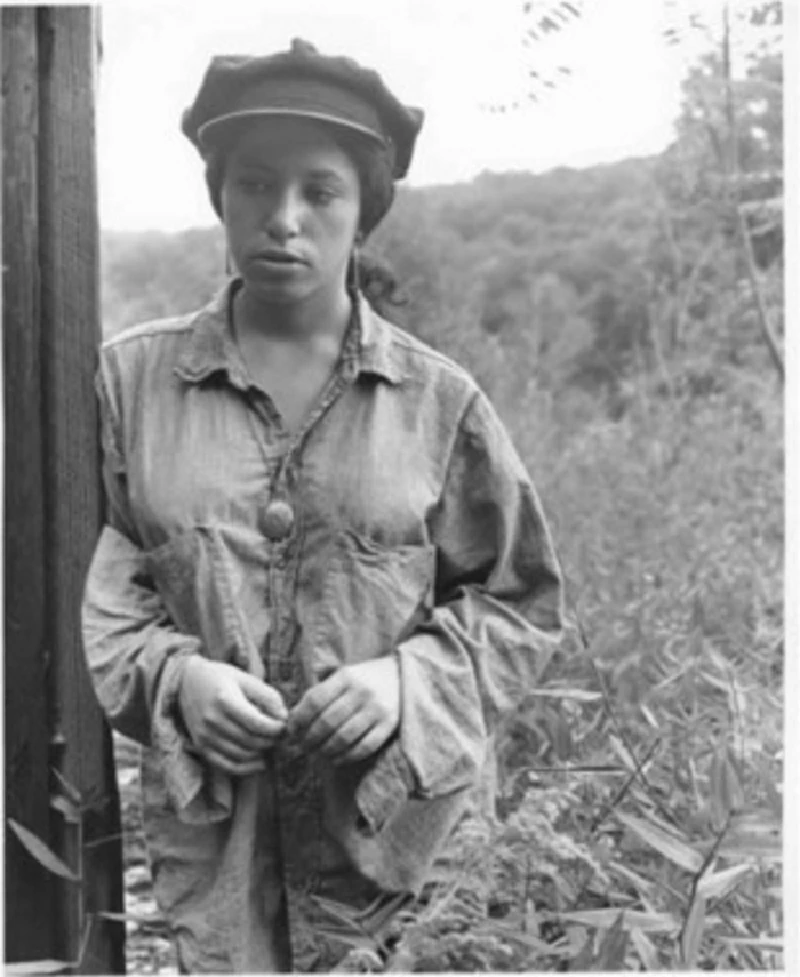
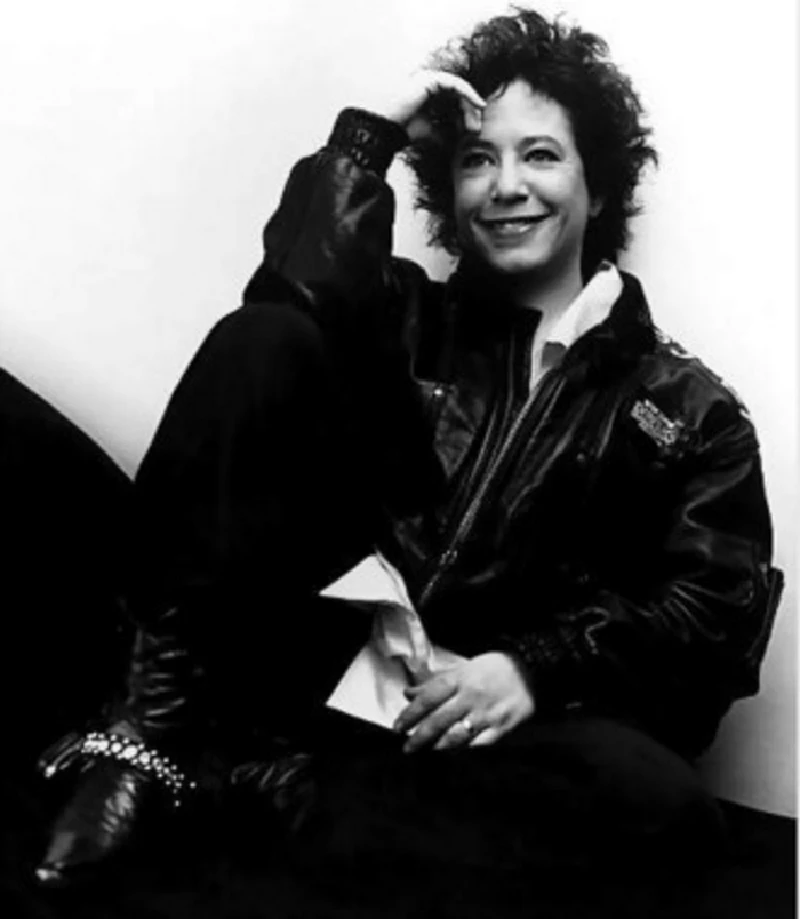
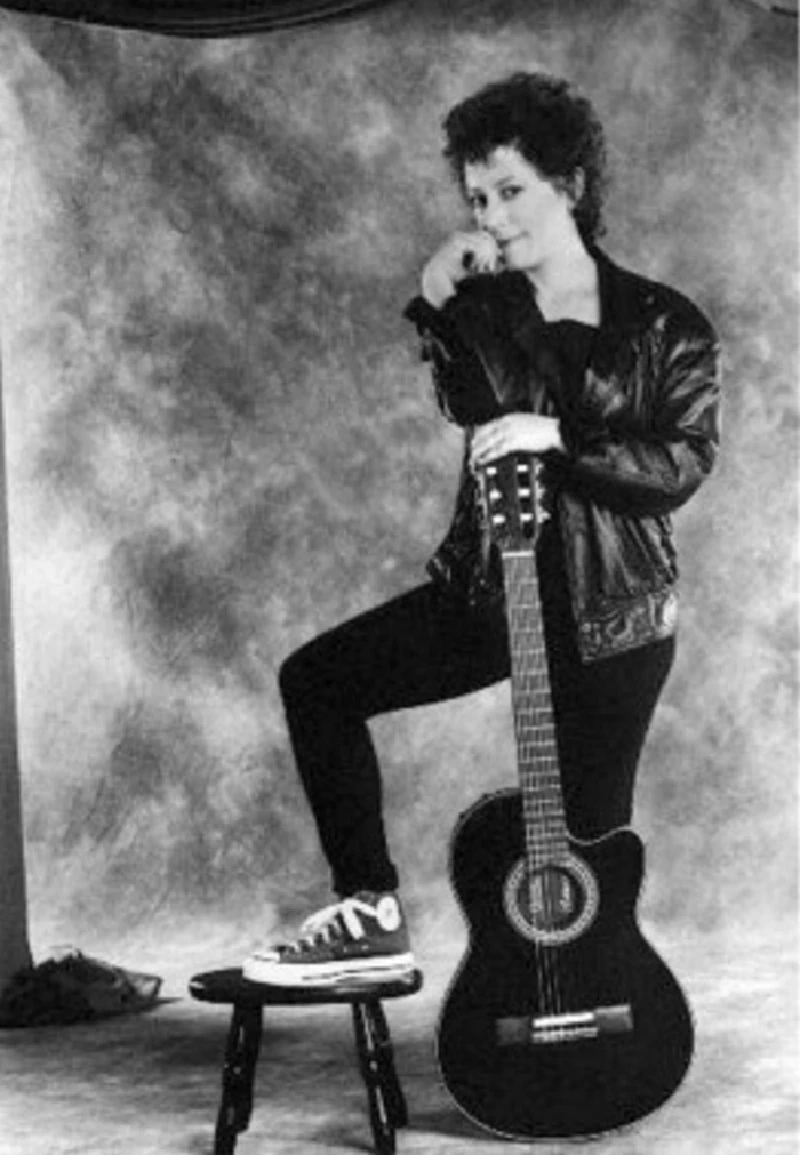

interviews |
|
Interview (2017) |
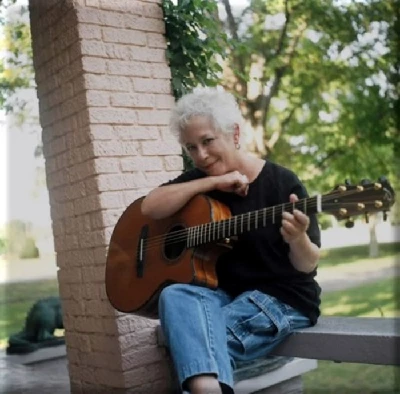
|
| American singer-songwriter Janis Ian talks to Lisa Torem about 'The Essential 2.0', her new double CD of remasters which spans her entire career. |
| Interview (2016) |
| Interview (2010) |
| Interview (2009) |
profiles |
|
Janis Ian (2010) |
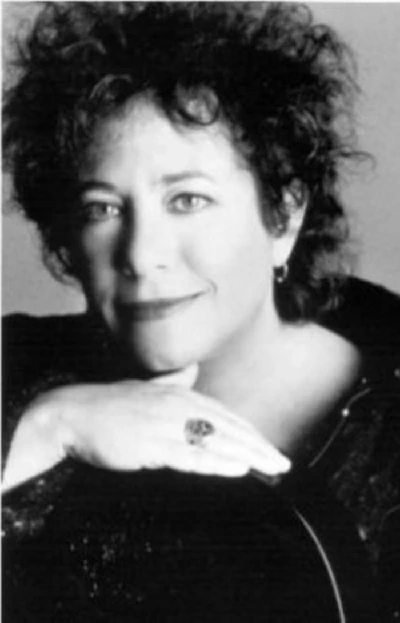
|
| American folk singer-songwriter Janis Ian has just been the subject across two new reissues of three of her albums and a concert performance on 'The Old Grey Whistle Test' from the mid 1970's. Lisa Torem assesses her career at the time and both reissues |
live reviews |
|
Old Town School of Folk Music, Chicago, 14/5.2002 |

|
| Lisa Torem at the Old School Town of Folk Music watches singer-songwriter Janis Ian sing highlights from her new album The Light at the End of the Line’ but also drew from seasoned hits on her final tour. |
soundcloud
reviews |
|
The Light at the End of the Line (2022) |
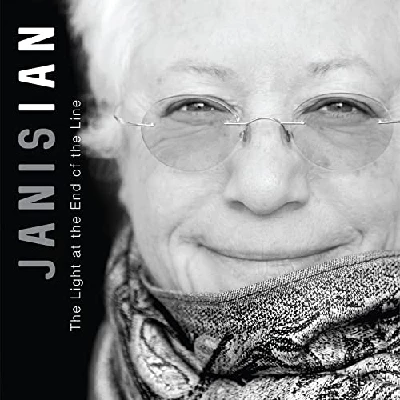
|
| Eclectic and powerful first album in fifteen years from Grammy award-winning singer-songwriter Janis Ian which she says will be her last and proves a fitting conclusion to her unique musical career. |
| The Essential 2.0 (2017) |
most viewed articles
current edition
Carl Ewens - David Bowie 1964 to 1982 On Track: Every Album, Every SongArmory Show - Interview with Richard Jobson
John McKay - Interview
Colin Blunstone - Thalia Hall, Chicago, 16/7/2025
Billie Eilish - O2 Arena, London, 10/7/2025
Bathers - Photoscapes 1
Visor Fest - Valencia, Spain, 26/9/2025...27/9/2025
Loft - Interview
Sir Tim Rice - Interview
Robert Forster - Interview
previous editions
Manic Street Preachers - (Gig of a Lifetime) Millennium Stadium, Cardiff, December 1999Heavenly - P.U.N.K. Girl EP
Beautiful South - Ten Songs That Made Me Love...
Oasis - Oasis, Earl's Court, London, 1995
Peter Perrett - In Dreams Begin Responsibilities Interview Part One
Boomtown Rats - Ten Songs That Made Me Love....
Coldplay - Wembley Arena. London, 16/8/2022
Prolapse - Interview
Pixies - Ten Songs That Made Me Love...
Trudie Myerscough-Harris - Interview
most viewed reviews
current edition
Davey Woodward - Mumbo in the JumboSick Man of Europe - The Sick Man of Europe
Lucy Spraggan - Other Sides of the Moon
Amy Macdonald - Is This What You've Been Waiting For?
Phew, Erika Kobayashi,, Dieter Moebius - Radium Girls
Bush - I Beat Loneliness
Suzanne Vega - Flying With Angels
Alice Cooper - The Revenge of Alice Cooper
Cynthia Erivo - I Forgive You
Blueboy - 2
Pennyblackmusic Regular Contributors
Adrian Janes
Amanda J. Window
Andrew Twambley
Anthony Dhanendran
Benjamin Howarth
Cila Warncke
Daniel Cressey
Darren Aston
Dastardly
Dave Goodwin
Denzil Watson
Dominic B. Simpson
Eoghan Lyng
Fiona Hutchings
Harry Sherriff
Helen Tipping
Jamie Rowland
John Clarkson
Julie Cruickshank
Kimberly Bright
Lisa Torem
Maarten Schiethart